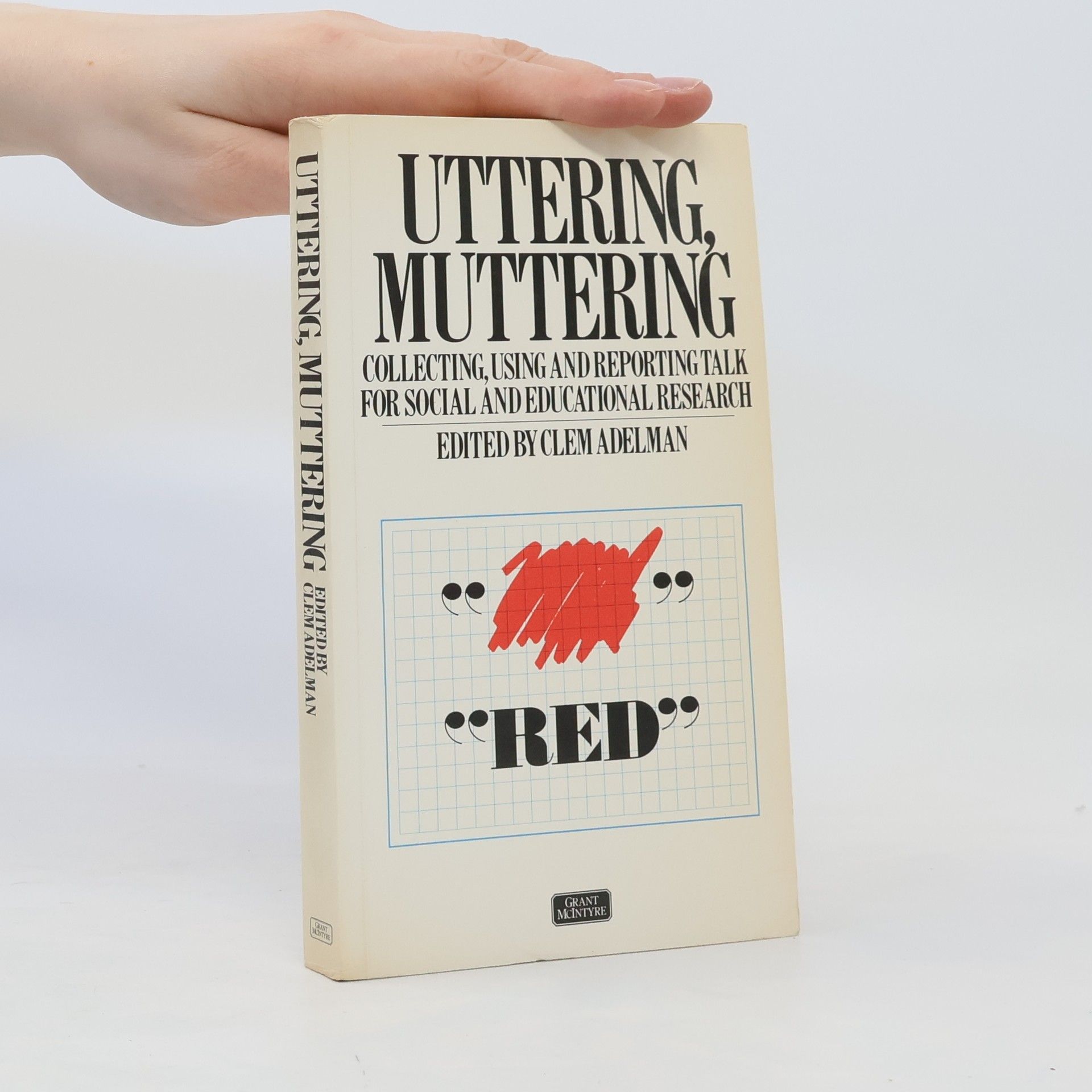Uttering, Muttering
Collecting, Using and Reporting Talk for Social and Educational Research
- 244pages
- 9 heures de lecture
Talk now forms a major part of studies of teaching and learning, social interaction and cultural variation, and it is important in evaluation. Leading researchers explain and explore the theory and practice of using talk in research.
